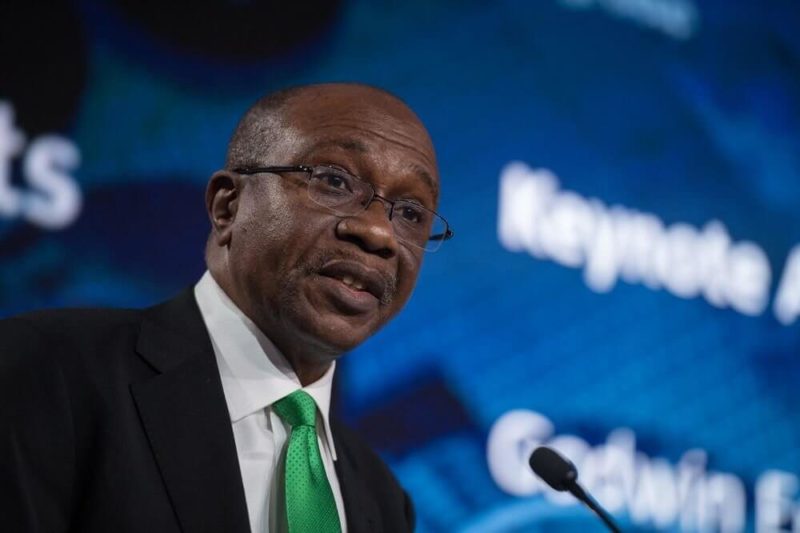BREAKING: Despite Nigeria’s Exit From Recession, Economy Still Fragile, CBN Warns
…MPC Retains Benchmark Lending Rate At 11.5%
Despite the exit from recession of the Nigerian economy, the Central Bank of Nigeria on Tuesday warned that the economy is still in a fragile state.
Advertisement
The CBN Governor, Mr Godwin Emfiele gave the warning while addressing journalists at the end of the two day Monetary Policy Committee meeting.
The meeting which was held at the CBN Headquarters in Abuja was attended by ten out of the eleven members of the MPC.
Despite the second wave of the Covid-19 pandemic, Nigeria’s economy fully recovered from recession as Gross Domestic Product rose by 0.51 per cent in the first quarter of 2021.
The National Bureau of Statistics had revealed the development on Sunday in its GDP report for the first quarter 2021.
Advertisement
The NBS had said, “The Q1 2021 growth rate was slower than the 1.87 per cent growth rate recorded in Q1 2020 but higher than 0.11 per cent recorded in Q4 2020.”
The Nigerian economy had grown 0.11 per cent in the fourth quarter of 2020, from the 6.11 percent contraction in the third quarter.
The continent’s largest economy fell into a recession after the Covid-19 pandemic hit its major sources of revenues.
The country’s major source of export revenue which is crude oil sales crashed during the period to a record low.
During the period, real GDP stood at N16.83trn, while nominal GDP was N40trn.
Advertisement
But speaking on the GDP figures, Emefiele said that the growth posted by the economy was still fragile as it was far below Nigeria’s population growth rate.
Nigeria’s population growth rate us estimated at about 3.5 per cent.
Emefiele said the MPC called on both the fiscal and monetary authorities to implement measures aimed at supporting the economic recovery.
He also said there is need to address the insecurity in the country to enable farmers boost agric production
He said the measures to be taken by government should include attraction of investments, boosting manufacturing and agric productivity and supporting the local production of food as well as addressing infrastructural deficits.
On the key monetary policy parameters, the Governor said the committee retained the Monetary Policy Rate at 11.5 per cent while the Cash Reserves Ratio and Liquidity Ratio were left unchanged at 37.5 per cent and 30 per cent respectively.



